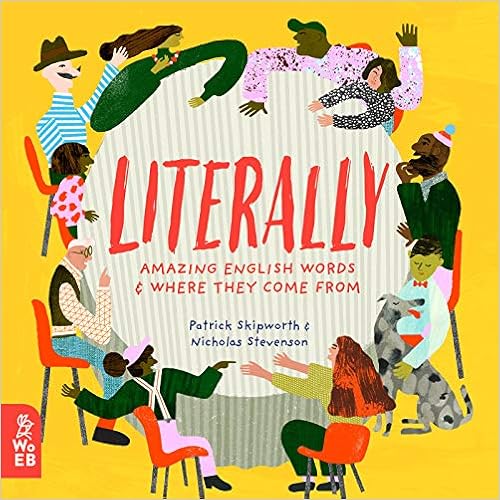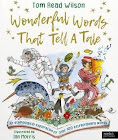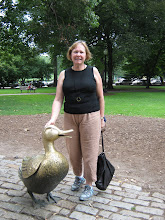Big Word Day was founded to pay honour and respect to the ever-evolving beauty that comes from words, language, and vocabulary today and throughout human history.
Even with access to such a huge number of words, most people only use just a fraction of this vocabulary on a regular basis. Most native speakers know about 20,000 to 35,000 words, but still only use maybe 5,000 – 10,0000 on a daily basis.
Forget those miniscule words that are ordinary and get used every day and trade them out for something brighter and more remarkable sometimes. How?
Vocabulary teaching has become much more focussed than it used to be, probably because the students we teach read and talk less than we probably did. I often read to a class and a child pipes up with 'what does that word mean?' I'm always happy to stop and discuss the meaning because I know that that student won't be the only one who does not know. I teach an enrichment group of eight year olds and I have finally got them to the point where they are very interested in words, their meanings and their origins and the discussions are now memorable.
Our library has a large number of books that encourage students to value words, collect words, use different words, and to just revel in words. Even the Fancy Nancy series has lots to offer vocabulary-wise.Try these:










Great post. I love this topic. Have you seen the new Stephen Michael King book? The issue of kids and reduced vocabularies is very concerning.
ReplyDeleteI have read the Stephen Michael King book. Didn't you borrow it from us? I should have mentioned it and that lovely NZ one 'The Very Best Words' where the little girl is collecting words for her baby brother.
Delete